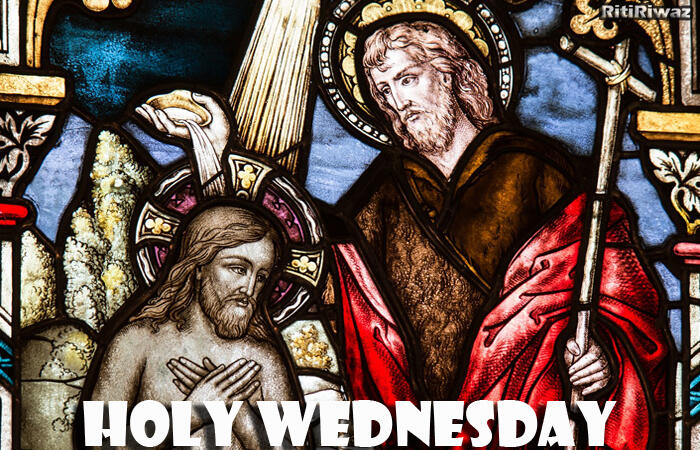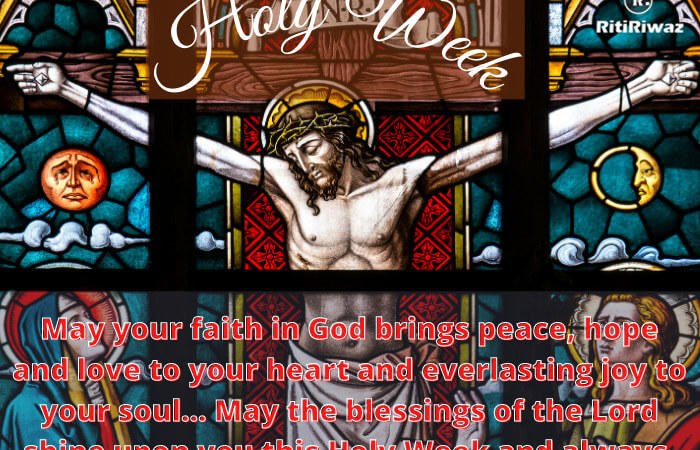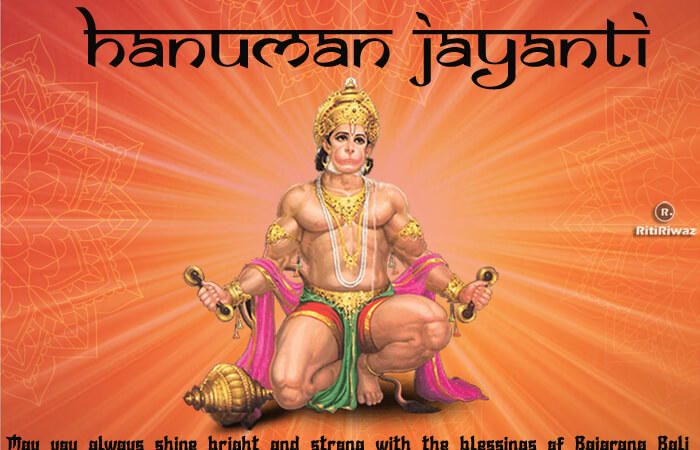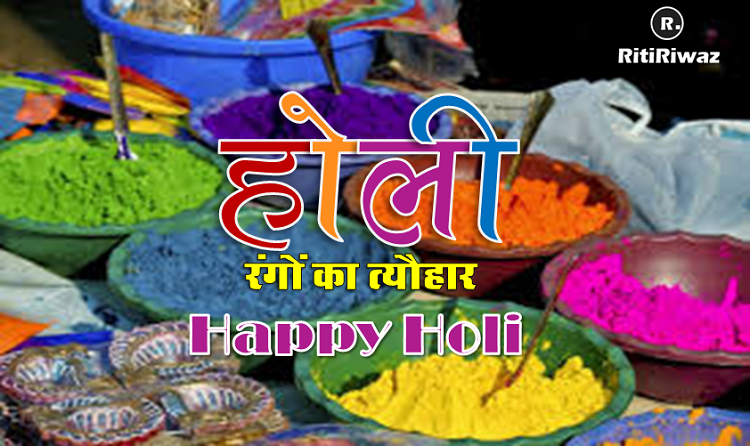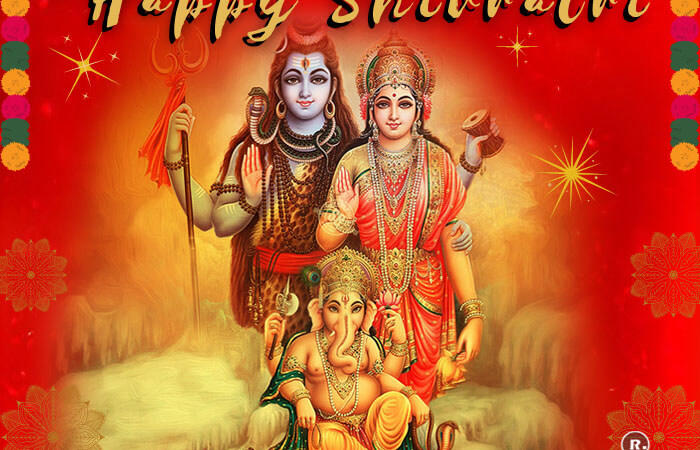Hinduism – The Main Religion of India
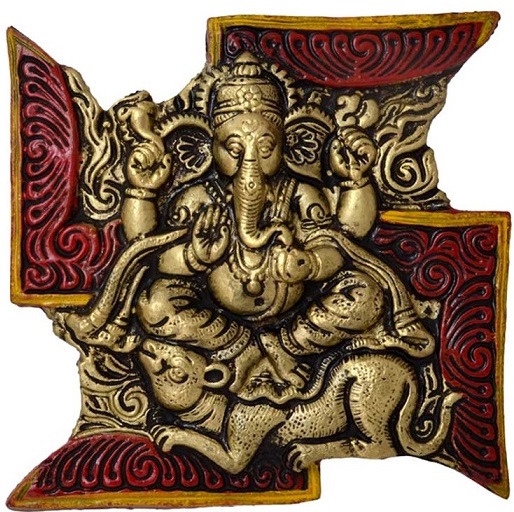
Hinduism is often regarded as the oldest religion in the world, with roots tracing back to prehistoric times, over 5,000 years ago. Hinduism spread through parts of Southeastern Asia, China, Korea, and Japan. Hindus worship a single god with different forms.
Origin and Belief
Hinduism’s origins include the cultural elements of the Indus Valley Civilization along with other Indian civilizations. The oldest surviving text of Hinduism is the Rigveda, produced during the Vedic period and dating to 1700–1100 BCE.
Hinduism has no founder or prophet, and reincarnation is its basic tenet. Hindus believe their present position in life is on account of their karma or actions in past lives. People live their lives in accordance with a predetermined destiny, and life is a cycle of births and rebirths. The ultimate quest is for moksha or liberation from the life cycle by living a pure and perfect life. Popular Hindu deities include Brahma, the creator, Vishnu, the preserver, and Shiva, the destroyer. The three are often depicted in a trinity.
The Vedas, one of Hinduism’s primary religious texts, means “knowledge” in the Sanskrit language. The Vedas were preserved through a rigorous oral tradition for thousands of years before being written down. They present key Hindu teachings through hymns on the divine forces of nature. Hindu philosophy was further developed in the Upanishads; restated in story form in the Puranas, the Ramayana, and the Mahabharata; and through countless life stories, devotional poetry, and commentaries by learned sages.
Hindus Believe in the deepest spiritual truth gleaned through the Vedas is that Brahman or the Absolute (used interchangeably with “the Divine”, “the Absolute,” and “God”) pervades the entire universe. This divine reality or its essential nature is present in all living beings, eternal, and full of bliss. Moreover, Brahman is understood as the cause of creation — its creation, its preservation, and its dissolution. In Hindu lore, these three functions of creation, sustenance, and dissolution, are often depicted to be the work of what is commonly referred to as the Hindu trinity of Brahma, Vishnu, and Shiva, respectively.
Within Hinduism, there is a broad spectrum of understandings about the nature of Brahman. Some Hindus believe that Brahman is infinite and formless and can be worshiped as such or in different forms. Other Hindus believe that the Divine is infinite and has a transcendental form. For example, some Vaishnavas believe that the one supreme form is Krishna, while Shaivites understand this form as Shiva.
Hindus believe that the soul, atman, is eternal. When this physical body dies, the soul is reborn in another body (samsara, or a continuous cycle of life, death, and reincarnation). Rebirth is governed by the Law of Karma: that every action has a result, like cause and effect. According to the Law of Karma, what an individual experience in this life is the result of their past actions, either from this birth or previous births; and in the converse, how individual acts today will impact the future, the effects of which will be experienced either in this or future births. How an individual deals with the problems he or she faces in this life determines whether they create good or bad karma for his or her present and future lives.
Because Hindus believe that Brahman can appear in the form, they accept that there are a variety of ways in which all human beings connect with the Divine. In Hinduism, God is worshipped in both male and female forms. The female form is known as Devi, which is a manifestation of shakti and means energy. Other forms resemble animals or birds. Each of these forms of God has a symbolic meaning. Hindus enjoy telling stories about the various forms to inspire a love of God and instill ethical values.
Hindus pray to different forms of Brahman as individual manifestations who represent divine qualities or powers. For example, Ganesh is the God of Wisdom is honored by Hindus and followers of other Indian religions as the remover of obstacles. He is revered for his great wisdom and is invoked before any undertaking. Other commonly worshipped Hindu Gods include Sarasvati, who Hindus believe helps with learning and wisdom. Lakshmi is worshipped as the Goddess of Prosperity. God is believed to have taken the human form of Rama to show people how to live the path of Dharma. Krishna is said to have come to eradicate evil and protect well. Shiva is worshipped as the lord of time and change.
The various forms of God are represented in consecrated images known as murtis. A murti can be made of wood, stone, or metals and offers Hindus a way to visualize and meditate upon Brahman, which due to its infinite nature is believed to be beyond the grasp of the human mind. Murti is often translated as “idol,” but a more accurate translation is “embodiment.” Hindu families conduct their daily worship at home altars and at temples on special occasions. Many Hindus consult gurus, or spiritual guides, for advice or answers to spiritual questions.
Hinduism promotes respect for other religions and acknowledges the potential for truth in them. This philosophy leads to pluralism within Hinduism and outside of it. Accordingly, Hindus see the variety of religions and philosophies as different paths to God. The core philosophy of Hinduism is the search for truth, not the specific path taken. A quote from the Vedas that summarizes the Hindu perspective on God is “Truth is one. The wise call It by various names.”
Hinduism embraces science as one of the ways in which humans seek to understand the world, we live in. Hindu scriptures describe the concept of planets in the solar system circling the sun, and the earth as round and rotating on its axis. Ancient Hindus also made noteworthy strides in astronomy, chemistry, mathematics, metallurgy, medicine (Ayurveda), and surgery, including many findings upon which modern science, medicine, and technology are based.
Suggested Read: Indian Religions


